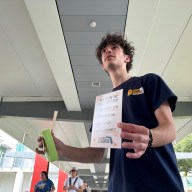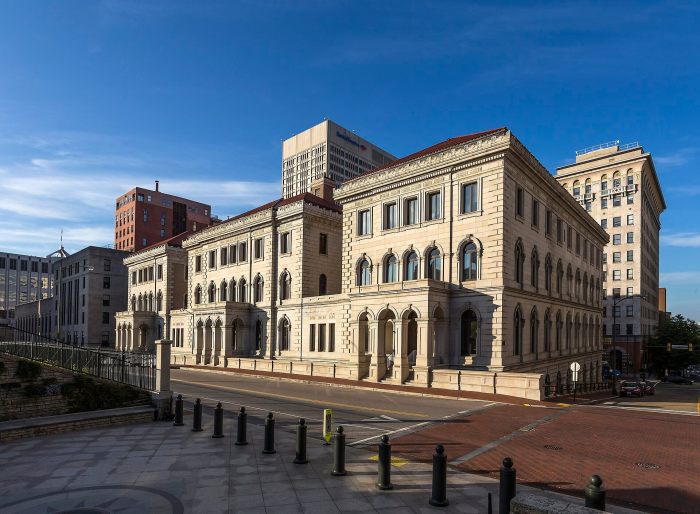The hottest buzzword in natural gas right now is “renewable.” At first, that seems impossible. The natural gas that heats our homes and fires our stoves is a finite, fossil fuel like oil — only renewable over millions and millions of years. Ah, but there are other ways of generating gas — and these can, in fact, be renewed.
“It’s methane that is generated when organic matter gets broken down by bacteria,” says David Bennett, director of business development for FortisBC — a west-coast utility company now offering small amounts of renewable natural gas to its customers.
“We’re just taking the waste gas our landfill sites generate every day, and using it as fuel rather than allowing it to escape into the atmosphere — or burning it or otherwise wasting it.”
Landfill sites are significant producers of natural gas. Most now have natural gas collection systems, as methane is a potent greenhouse gas.
“The raw gas coming out of the landfill has lots of carbon dioxide and sulfur and other things in it,” Bennett explains.
“We have built a system that is like a mini gas purification plant. By the time this biogas gets into the pipeline, its quality is equivalent to pipeline-quality gas.”
This process isn’t cheap. The purified renewable gas is twice as expensive at the traditional kind.
“But in the program we offer our customers, 10 per cent of this biogas is blended into the customer’s natural gas stream,” says Bennett. “Your bill rises about $4 a month for the average household — and that reduces your greenhouse gas footprint by about 10 per cent.”
And this isn’t just a west coast phenomenon. Gas utilities across Canada are studying ways to implement their own programs. Renewable gas is also becoming an ever-growing power supply in parts of Europe.
“There are enough sources right now to make a significant amount. This is probably the next step in recycling: we look at what we do with all kinds of organic waste — in cites and on farms — and how we can go about recycling that.”
















